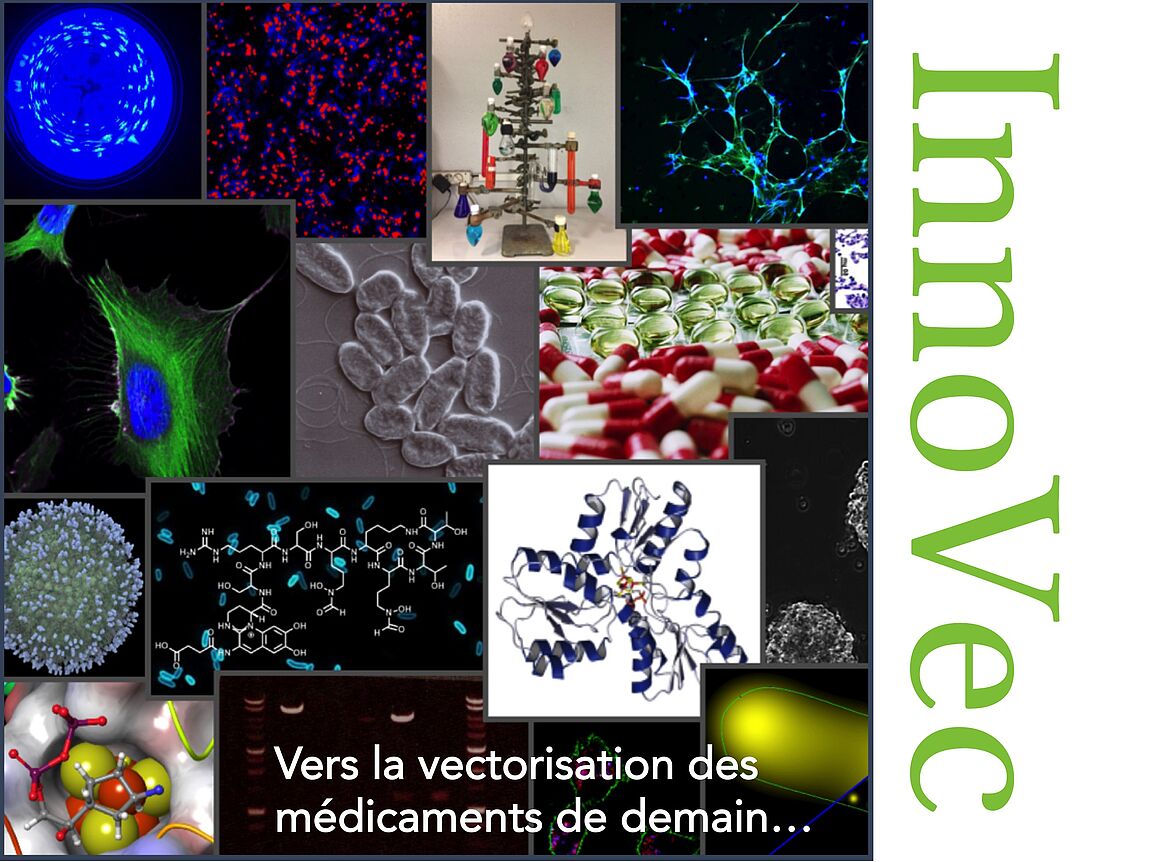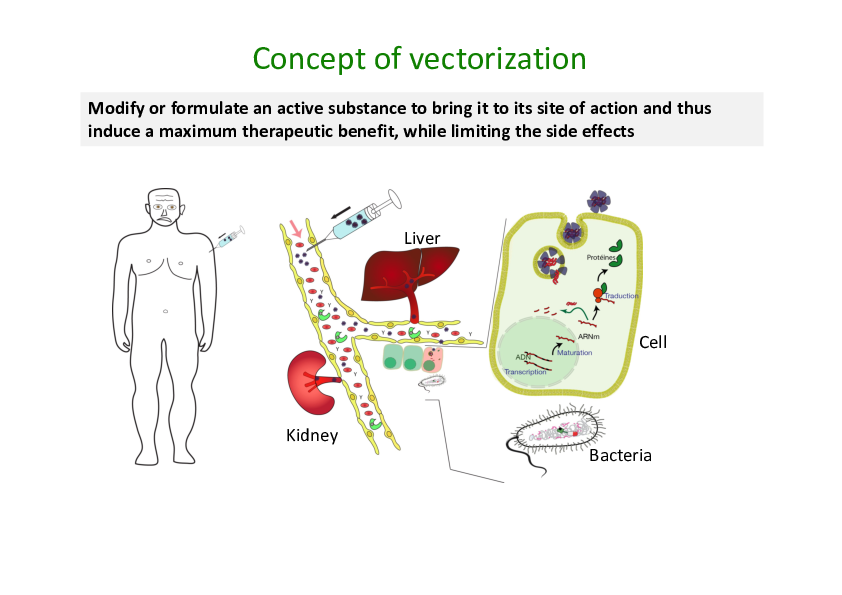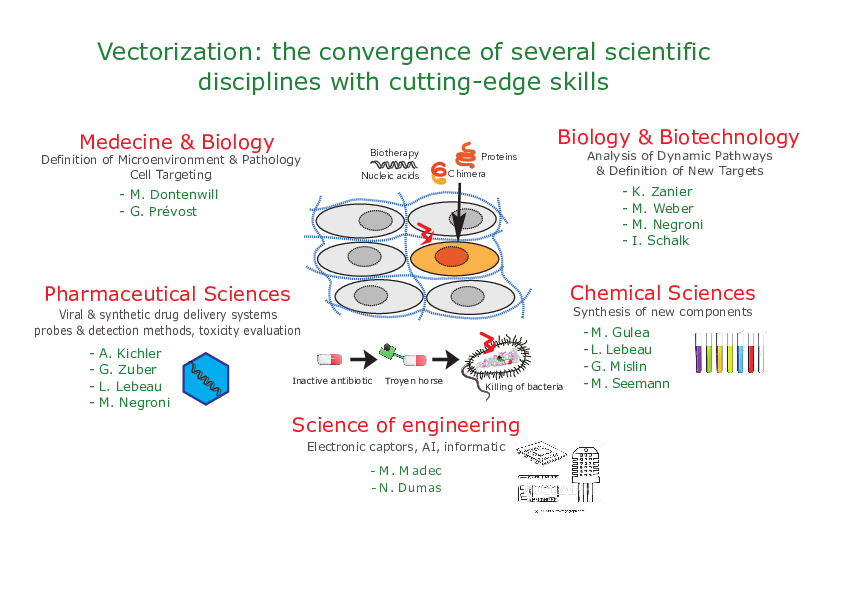Creation of InnoVec

The Interdisciplinary Thematic Institutes (ITI) were created on January 1, 2021 by the University of Strasbourg and its partners CNRS and INSERM. Fifteen thematic have been selected under the scrutiny of an international scientific committee. The objective of the ITI InnoVec is to develop education and research on drug delivery systems.



